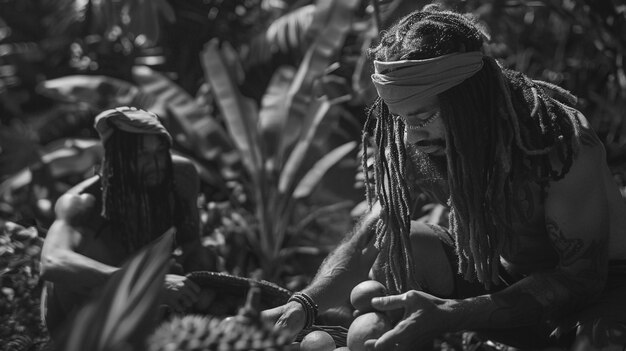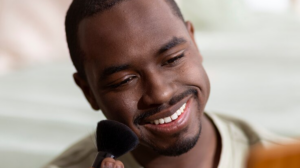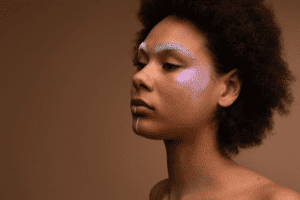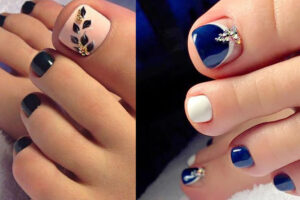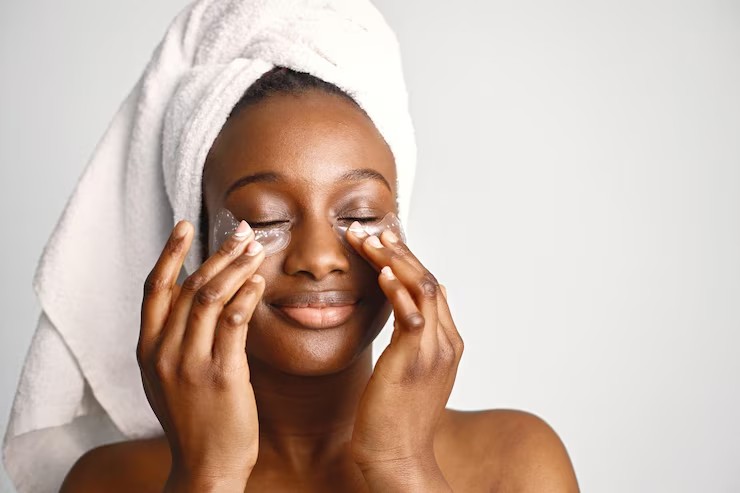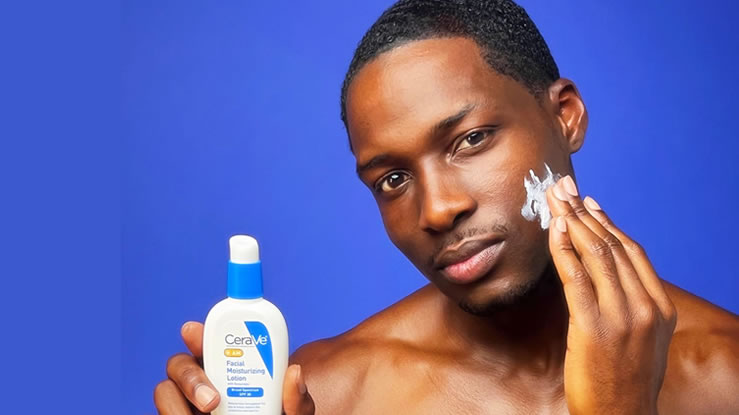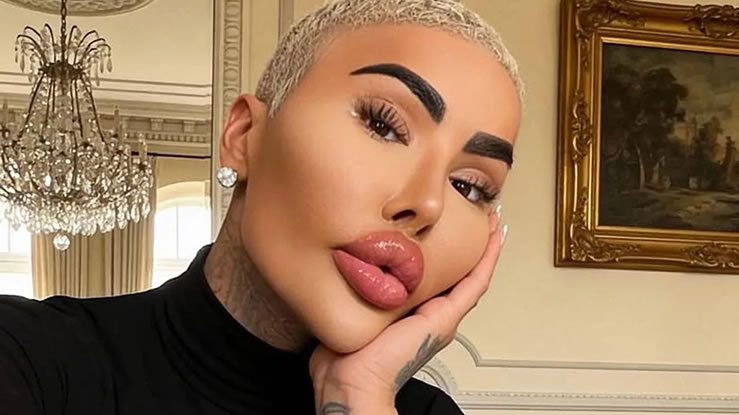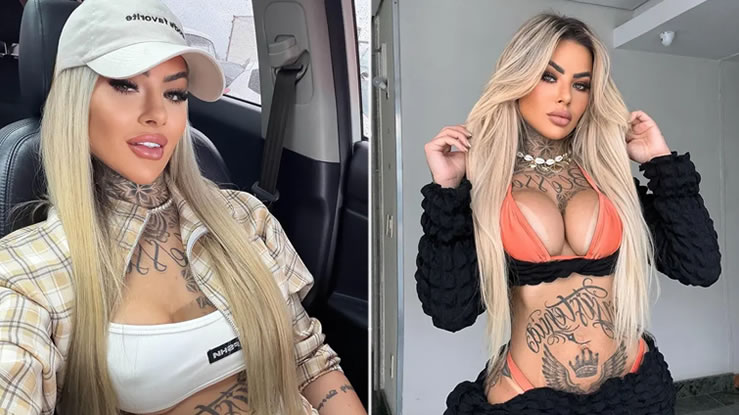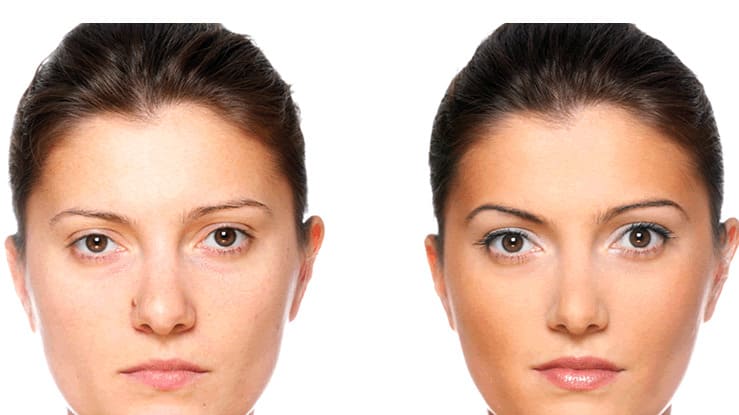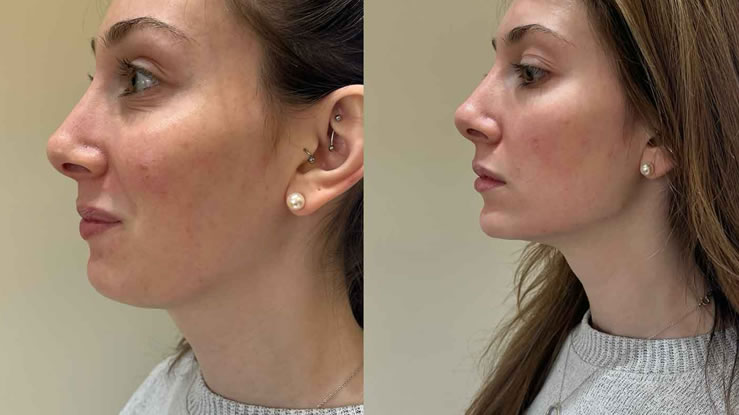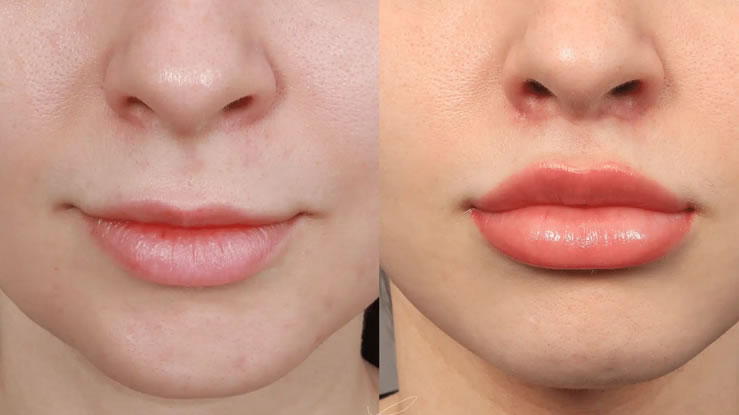Dreadlocks are more than just a hairstyle; they are a powerful symbol of culture, spirituality, and resistance, deeply rooted in Black history. For centuries, this iconic style has been worn by people across the African diaspora, each loc representing a connection to heritage, identity, and resilience. This article explores the origins, significance, and evolution of dreadlocks exclusively within Black culture.
The Origins of Dreadlocks in Black Culture
Dreadlocks have ancient origins in Africa, symbolizing identity and spirituality:
- Ancient Egypt: Locs were worn by pharaohs and depicted in artifacts, representing power and divinity. Mummies have been discovered with locs preserved, showcasing their ancient significance.
- Himba People: The Himba of Namibia have traditionally worn locs coated with red ochre, symbolizing beauty, status, and community.
- Maasai Warriors: The Maasai of Kenya and Tanzania wear locs as a rite of passage into adulthood and as a marker of warrior status.
Dreadlocks and African Spirituality
In African spirituality, locs have always been deeply symbolic:
- Connection to Ancestors: Locs serve as a spiritual link, representing continuity and reverence for ancestors.
- Rites of Passage: Locs often mark significant life stages or accomplishments within communities.
- Harmony with Nature: Locs symbolize living naturally and embracing one’s true self.
Dreadlocks Through the Transatlantic Slave Trade
The transatlantic slave trade attempted to sever African traditions, but hair practices like locs persisted as acts of quiet defiance. For enslaved Africans:
- Symbol of Resistance: Wearing locs, when possible, was a way to retain cultural identity amidst forced assimilation.
- Cultural Reclamation: Descendants of enslaved people have reclaimed locs as a proud connection to their African roots.
Dreadlocks and the Rastafarian Movement
Dreadlocks became globally recognized through the Rastafarian movement in Jamaica during the 1930s. For Rastafarians:
- Spiritual Devotion: Locs represent a covenant with Jah (God) and a rejection of Babylon (oppressive systems).
- Cultural Resistance: Rastafarians embraced locs as a statement against colonialism and Eurocentric beauty standards.
- Global Influence: Figures like Bob Marley popularized locs worldwide, linking them to freedom and spiritual awakening messages.
The Modern Significance of Dreadlocks in Black Culture
Today, dreadlocks remain a multifaceted symbol within Black culture:
- Cultural Pride: Locs are a bold expression of Black heritage and identity.
- Political Statement: Wearing locs challenges systemic racism and promotes self-acceptance.
- Spiritual Journey: For many, locs reflect personal growth, faith, and a natural lifestyle.
- Creative Expression: Black individuals showcase their artistry through intricate loc styles and adornments.
Overcoming Challenges and Misconceptions
Despite their rich history, dreadlocks face challenges:
- Discrimination: Loc wearers often experience bias in professional and social settings.
- Cultural Appropriation: Locs have been adopted by non-Black communities without acknowledging their Black origins.
- Stereotypes: Black individuals with locs are sometimes unfairly labeled as unprofessional or rebellious.
Honoring the Legacy of Dreadlocks in Black Culture
Dreadlocks are a living testament to the strength, resilience, and creativity of Black people. Recognizing their history fosters deeper appreciation and respect for their cultural significance.
The history of dreadlocks in Black culture is a journey of identity, spirituality, and resistance. From their African origins to their modern expressions, locs are a powerful reminder of the beauty and resilience of Black heritage. By embracing their legacy, we honor the enduring spirit of Black culture.

